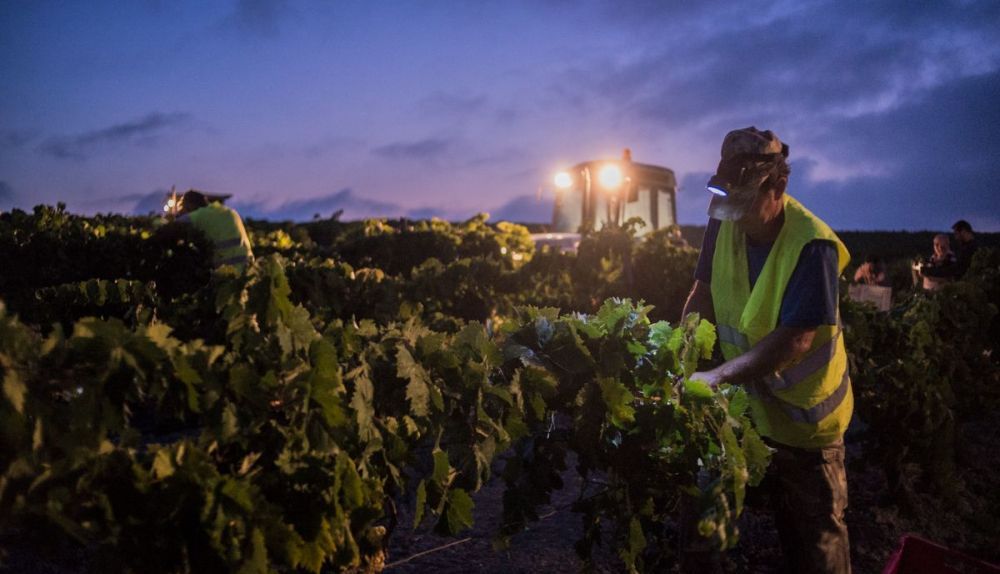Utilizing intelligent agricultural practices such as nighttime irrigation and rainwater harvesting methods to address agricultural drought has resulted in improved effectiveness and higher crop yields on Turkish farms.
As the consequences of climate change escalate, shifts in climate patterns such as extreme heat, prolonged dry periods, agricultural drought, and diminishing crop yields have become urgent concerns worldwide. In Türkiye's battle against drought, the adoption of methods like nighttime irrigation and rainwater harvesting plays a crucial role.
Erhan Akça, a professor at Adıyaman University's School of Technical Sciences, elucidates these water-saving techniques, underscoring their efficacy in both preserving water resources and enhancing agricultural output.
"In Şanlıurfa's Harran district in southeastern Türkiye, a 5,000-acre cotton plantation has implemented nighttime irrigation utilizing rainwater harvesting. With daytime temperatures soaring above 50 degrees Celsius, water evaporation before reaching the crops is a significant issue, making nighttime irrigation particularly effective as temperatures drop to around 25 degrees Celsius," he explains. "This approach has slashed irrigation needs by 15 percent, while concurrently boosting yields by 15 percent, resulting in a water conservation of 150 liters per square meter or 150 tons per hectare."
Akça stresses the amalgamation of traditional wisdom with innovative methods in combating agricultural drought, underscoring the wealth of knowledge present in Anatolia. He advocates for the integration of traditional practices with innovative solutions, advocating for a basin-centric approach and collaboration among all stakeholders in agriculture.
Water diplomacy in Türkiye
Furthermore, the Turkish Water Institute (SUEN) unveils a five-year strategic plan that underscores Türkiye's proactive role in formulating water management policies for nations grappling with water scarcity.
Lütfi Akca, head of SUEN, highlights the evolving global perception of water, not merely as a critical resource but also as a geopolitical tool. The strategic plan identifies challenges concerning transboundary waters among neighboring nations and suggests initiatives to build capacities addressing trust deficits and formulating long-term strategies.

